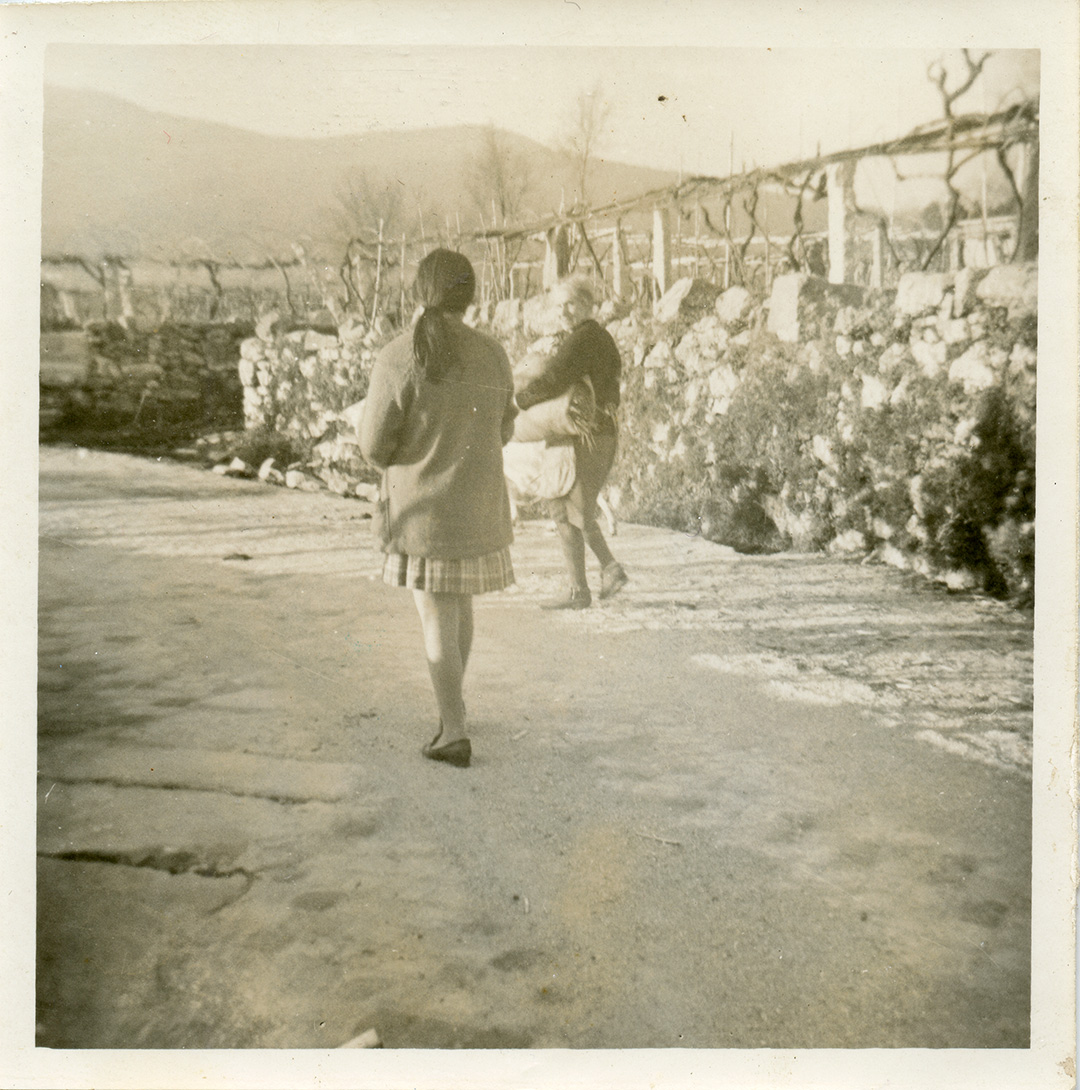
As inheritors of the nation-state schematic thinking, we never really care to ask about who we are when someone thus designates us in collective terms. We are the Portuguese, the Melgacenses, whatever each one wants to say according to their Citizen’s Card - or not. When we immigrate, strangers in another land and detached from our own, identity falters, the idea of community dissolves. Fernando Pessoa said his homeland was the Portuguese language, but there are many who doubt him, like Natalia Correia, and don’t even recognize the motherland within the fatherland, the first one built by affections – the motherland, first matrix -, the other more impersonal or institutional.
Now that everything appears to be undefined – the permeable political boundaries, open territory, dilution in Europe and the world, the intense and frantic circulation of information, images, and values - no one knows anymore what are the motherland, homeland or the mother tongue.
Melgaço, in particular, is one of these lands. As in many other places, those who now reside here are only a tiny part of those that were actually born here and there are many others who were born somewhere else and sometimes claim to be from here. Not for a mere exchange of words. It’s just for the simple reason that the definition of a group of belonging is the fundamental matter in order to know who “we” are and what we can do together. This is what defines the public sphere and political sense of the community.
In past times, most people were born and died on the same land. They belonged there like the trees and the rocks, and that was enough. Almost everything that happened there was explained by those who worked or lived there. Now the geographic space and its political- administrative geographies have lost this ability to match both society and the territory.
That is why it makes sense to question who we are here because, in the midst of this demand many others will appear that somehow belong here by how and what they feel, do or are. Floating citizens, people from many lands that often cross or leave their mark around here.
In 2025 the project Who Are We Here will focus on Alvaredo parish, in the municipality of Melgaço, and its visibility will derive from:
This project is organized by Álvaro Domingues and Daniel Maciel, with scientific guidance and monitoring by Albertino Gonçalves, executive production by Rui Ramos and the collaboration of João Gigante, Miguel Arieira and Daniel Deira.